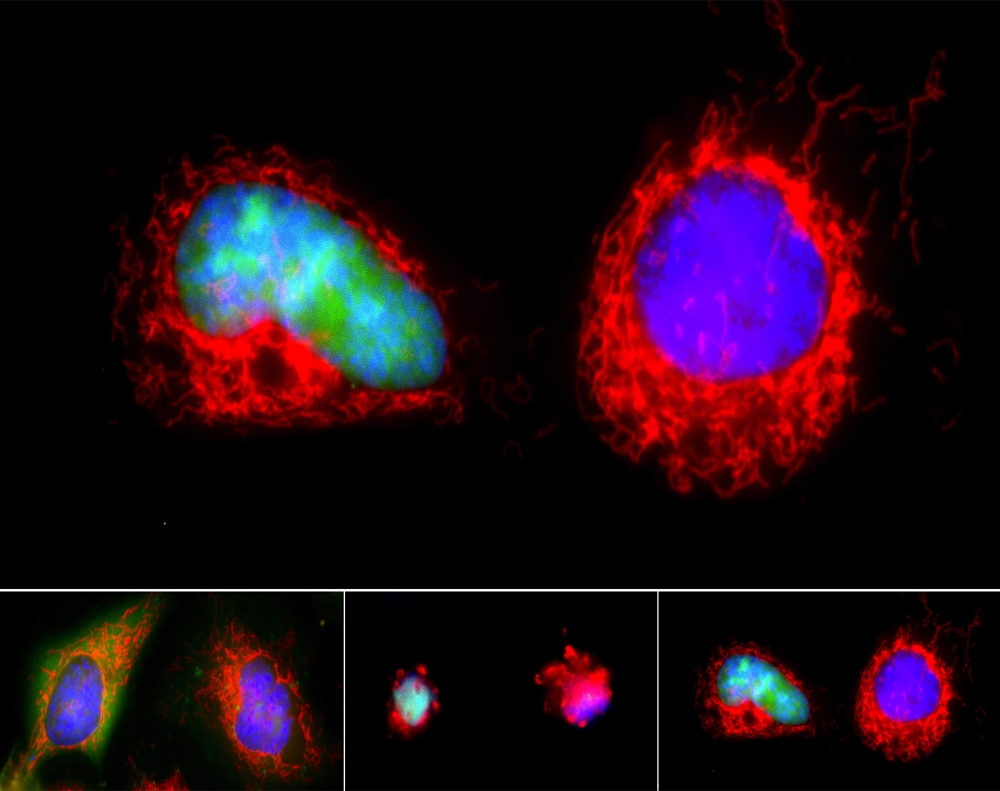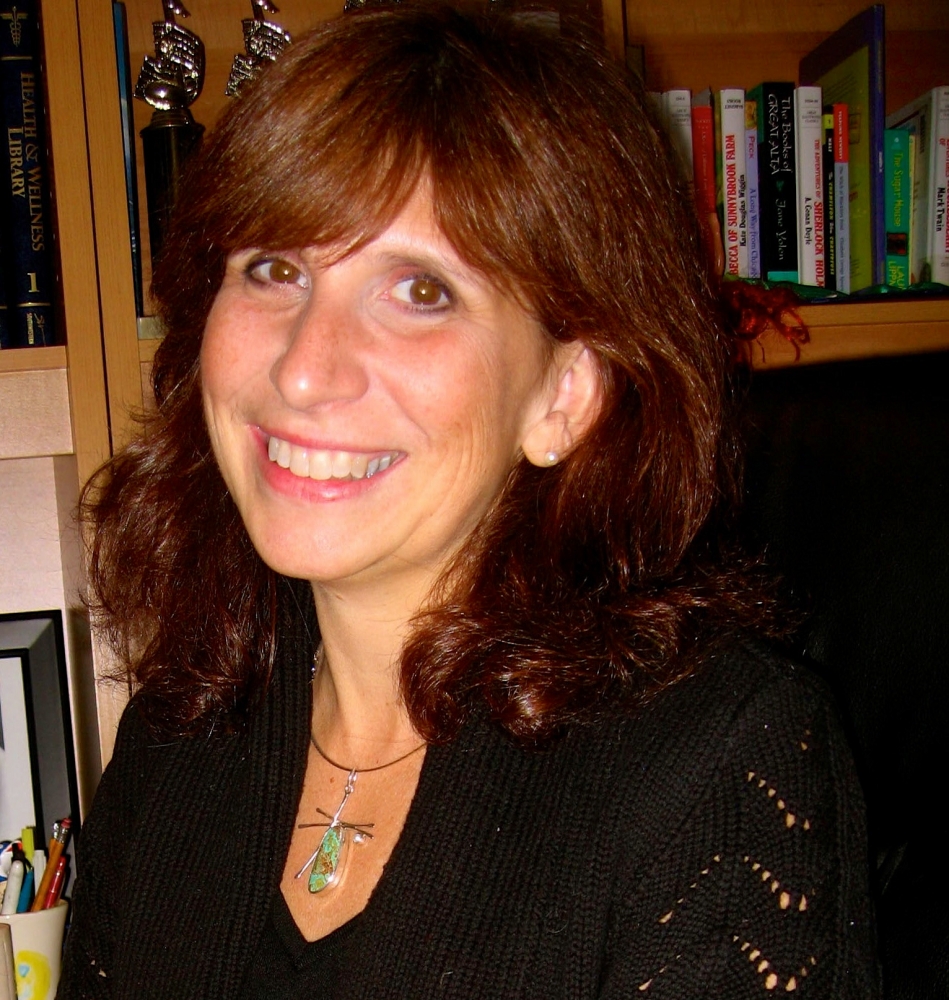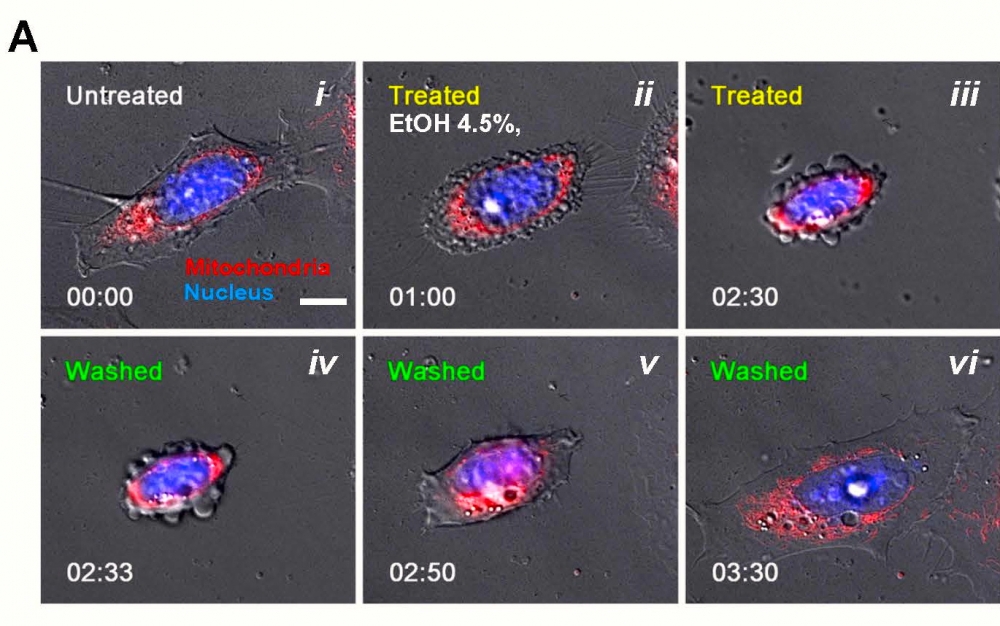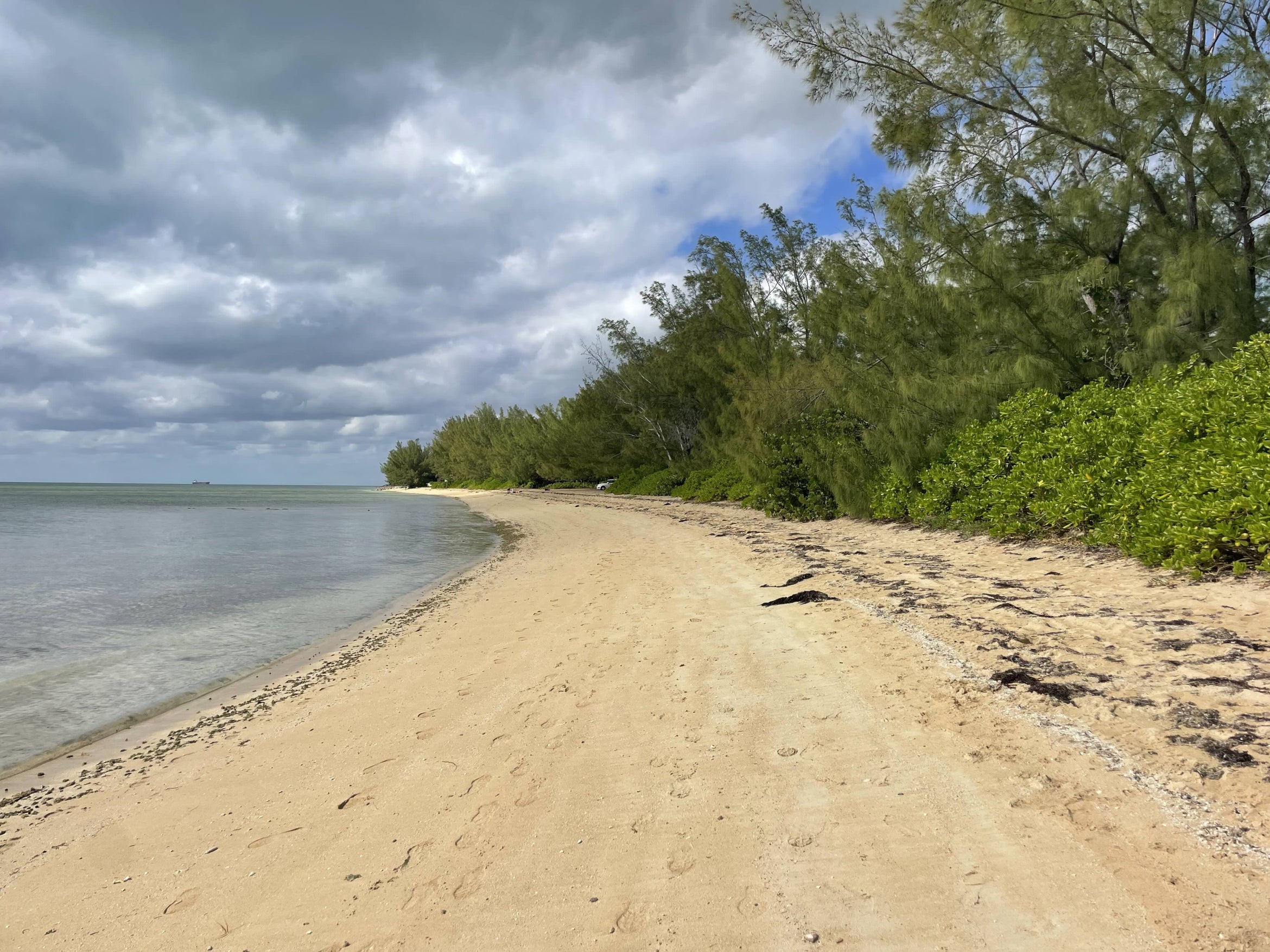
A Giant Step Forward


With the discovery of a novel cell process called anastasis, UC Santa Barbara biologist Denise Montell has taken a giant step forward in developing fundamentally new approaches to regenerative medicine.
Her research, which holds promise in establishing revolutionary therapies for the treatment of heart disease, degenerative diseases and cancer, has received a huge boost in the form of a $1 million grant from the W. M. Keck Foundation.
“The scope of the project is huge because this is a brand-new cellular process about which we know nothing,” said Montell, the Duggan Professor of Molecular, Cellular and Developmental Biology at UCSB. “We have to learn everything. It’s basically starting a whole new field.”
Anastasis is the process by which dying cells recuperate after trauma, thus overturning the dogma that cell death is irreversible. According to Montell, the mechanism likely evolved as a means of salvaging cells and limiting permanent tissue damage in response to transient injuries and stresses such as ischemia (deficient blood supply), radiation or toxins.
A postdoctoral fellow in her lab discovered the process when observing apoptosis (Greek for falling to death), a form of programmed cell suicide that is an integral part of almost every disease. When the research team induced mammalian cells to undergo apoptosis by exposing them to a toxin or chemotherapy drug, they underwent the classic morphological and biochemical changes: cells shrunk, nuclei condensed and plasma membranes blistered.
The surprise was that when the inducing agent was washed away, the vast majority of cells recovered fully, repaired their damaged DNA, survived and proliferated, although some cells retained mutations. However, the investigators think that a negative side effect of this otherwise beneficial process may be that tumor cells hijack the process to escape chemotherapy, suggesting that anastasis could be a key process involved in cancer relapse. This entirely unexpected finding is true of at least 12 different cell types the lab examined in several different animal models as well as in human cell lines.
Montell posits that enhancing anastasis could slow the progression of degenerative diseases and promote tissue repair and regeneration; suppressing anastasis could enhance the effectiveness of standard radiation and chemotherapeutic approaches to cancer treatment. The Keck Foundation grant enables Montell’s team to explore whether this is true. The researchers will study the molecular mechanisms controlling anastasis and identify small molecules that can enhance or inhibit the process.
“The ultimate goal of our research is to harness the discovery of anastasis to develop new therapies for major diseases afflicting the human population,” said Montell. “As groundbreaking as the initial discovery of anastasis was, elucidating the molecular mechanisms and identifying molecules that can enhance or inhibit anastasis will be the truly transformative work.”
The Keck Foundation grant will, among other things, allow Montell to acquire a key piece of equipment: a dedicated custom microscope with environmental controls and an extremely sensitive camera. “This will enable us to protect the cells by using the lowest possible light levels,” she said.
“Denise Montell’s research group has made the sort of fundamental discovery that opens up unexplored scientific territory,” said Michael Witherell, UCSB’s vice chancellor for research. “We are pleased that the Keck Foundation recognized this as an opportunity and moved quickly to support this groundbreaking research.”
Based in Los Angeles, the W.M. Keck Foundation was established in 1954 by the late W. M. Keck, founder of the Superior Oil Company. The foundation’s grant making is focused primarily on pioneering efforts in the areas of medical, science and engineering research. The foundation also maintains an undergraduate education program that promotes distinctive learning and research experiences for students in the sciences and in the liberal arts, and a Southern California Grant Program that provides support for the Los Angeles community, with a special emphasis on children and youth from low-income families, special needs populations and safety-net services.



